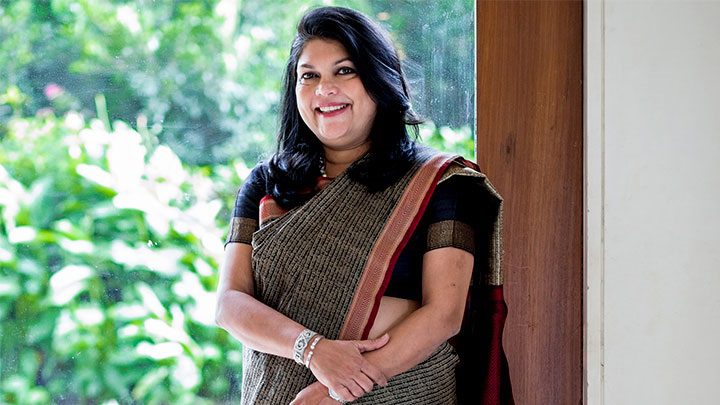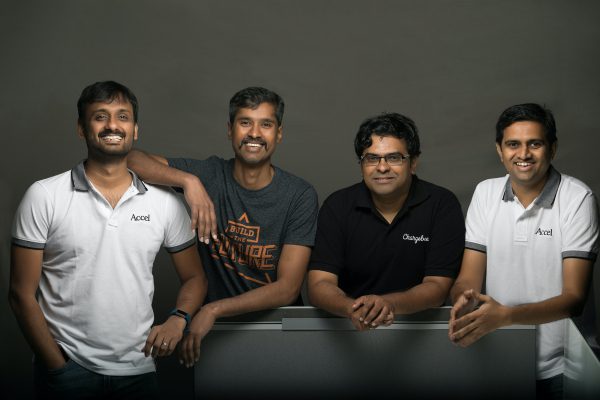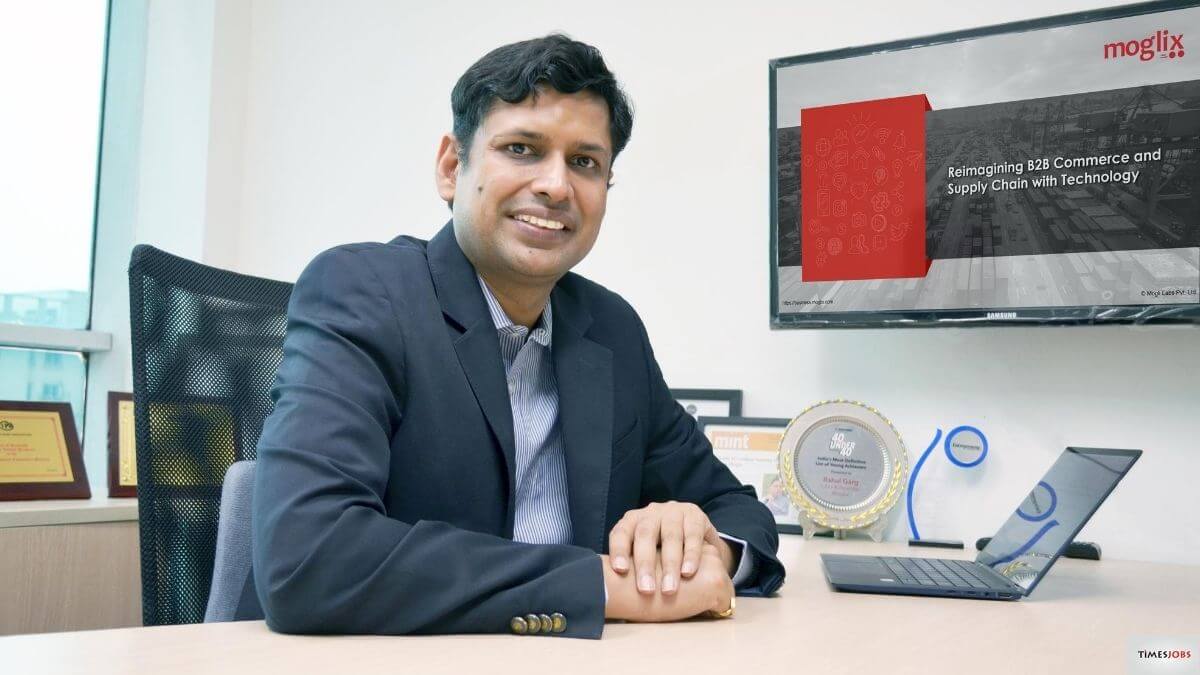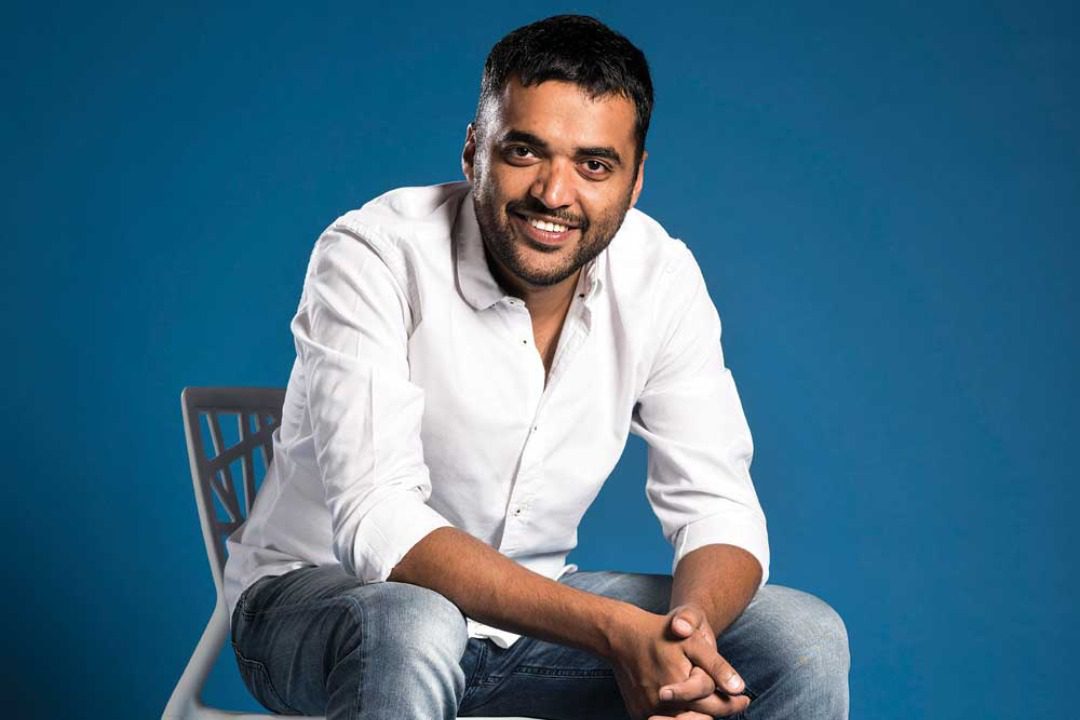(August 11, 2021; 7 pm) When Falguni Nayar launched Nykaa back in 2012, she was sure of one thing: her startup would be a destination store for all things beauty. Over the years, the e-commerce platform earned a loyal fan following and is now one of the most successful beauty stores in the country. From curating a range of beauty and wellness products to introducing some of the finest luxury beauty brands to India, launching several successful offline stores and now racing towards filing an IPO, Nykaa has come a long way. And former New York investment banker Nayar is being heralded as the game changer for the country’s women entrepreneurs.
While it may not be the first startup to go public this year, it will be groundbreaking as it is the first woman-led startup heading for an IPO and is one of the first profitable startups to be listed in the public markets. It is also one of the few startups in the country where the founder is expected to have a strong control over the company compared to other Indian startups also heading for a public listing. Nayar and her family own over 54% stake in the parent company. According to Bloomberg News, the company which filed preliminary documents for an IPO this week, could be valued at more than $4 billion.

Falguni Nayar with her husband Sanjay and kids
Journey to the top
Born in Mumbai in 1973, Nayar’s father ran a ball-bearing business. She went on to graduate from Sydenham College of Commerce and Economics before doing her MBA from IIM-Ahmedabad. Nayar then landed a job at AF Ferguson & Co where she worked for eight years, before moving to London in 1994 as Head of International Business for Kotak Securities. Three years later, Nayar was heading Kotak’s international business department in New York, where she worked for four years, before moving back to Mumbai as director and head of Kotak’s Institutional Equities Business.
In 2007, Nayar took over as the Managing Director of Kotak Investment Banking, a job that she quit four years later to dive headlong into the world of entrepreneurship.

Nykaa signed on Jahnavi Kapoor as its brand ambassador
Entrepreneurial journey
When Nayar founded Nykaa, the segment was relatively new and not as popular as it is today. Until then, naysayers were of the opinion that e-commerce and beauty retail don’t work in India. However, Nayar was confident of her venture and had done her market research before testing waters. Soon, the e-commerce platform gained popularity as it began bringing luxury beauty brands to Indian shores such as Charlotte Tilbury, Farsali, Chopard, Chloe, and even top Korean skincare brands such as Laneige and Sulwhasoo. In an interview with YourStory, she said,
“I felt that there is a lot of early-stage value creation by entrepreneurs, and yet, there are several naysayers. It was the entrepreneur’s drive and belief that intrigued me, and it was something that I wanted for myself.”
The idea for Nykaa came about from Nayar’s observations of how in the West, entire floors of high-end stores were dedicated to beauty products. In India, however, it was usually the neighborhood variety stores that women turned to. With limited choices and poor displays, Nayar was ready to change the beauty business – her goal was to create a slick shopping experience where women could also get first-hand tips from celebrities and beauty influencers alike.
For women by women

Falguni Nayar and Katrina Kaif
At the heart of the business was Nayar’s missions to help Indian women look after themselves. In an interview with The Print, she said,
“Our message to women has been that the spotlight of her life should be on herself. You are important in your story and should feel no guilt at being center stage.”
Nayar’s vision soon had the company grow from strength to strength and Nykaa introduced its own product line under Nykaa Cosmetics, Nykaa Naturals, Nykaa Man and Kay Beauty with Katrina Kaif. Today, the platform has close to 4,000 brands and has processed 19.5 million orders until March this year. Nayar also ensured she tapped into the power of influencers and Nykaa has a network of as many as 1,300 influencers from across the globe to help drive sales.
What the IPO means
According to YourStory, women-led businesses usually find less funding when compared to those led by men with the former raising only 5% of the total funding between 2018 to 2020. Nykaa’s IPO therefore, will be a huge leg up for India’s startup ecosystem, especially for its women entrepreneurs. The success of this IPO will draw more investor attention to women-led startups and attract more women to entrepreneurship.




